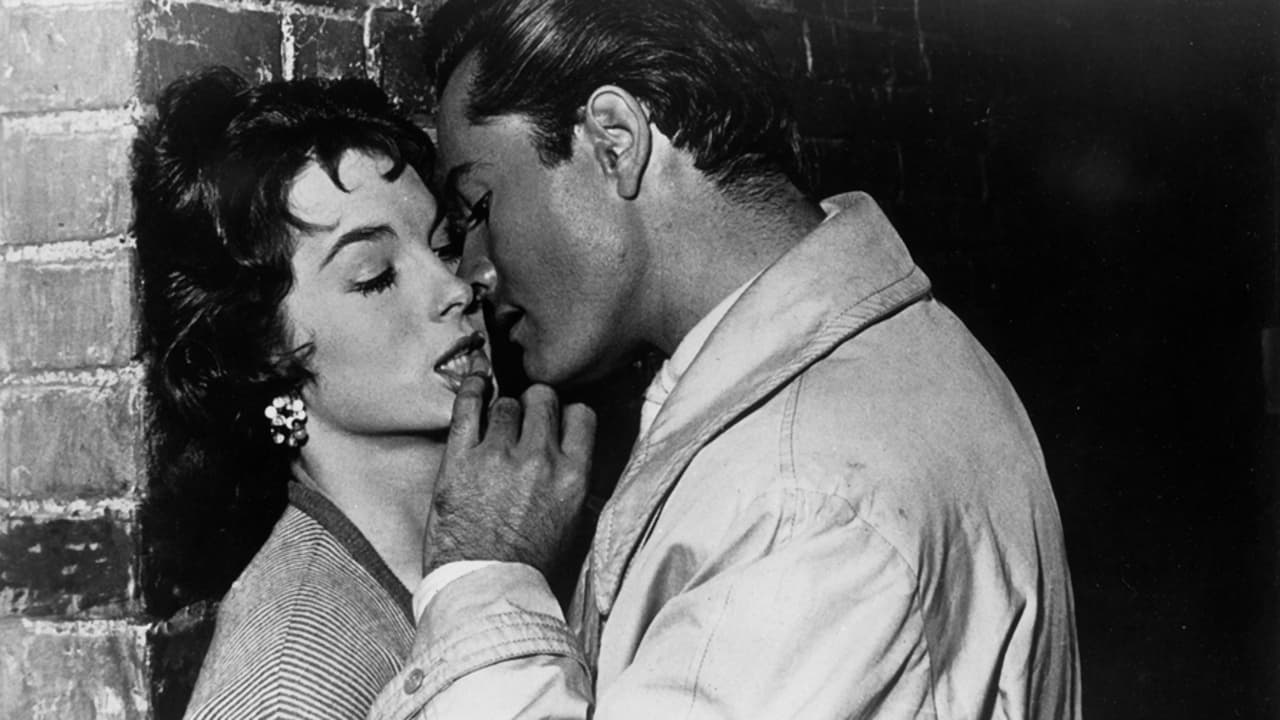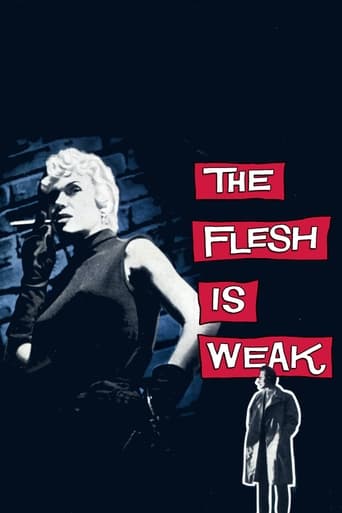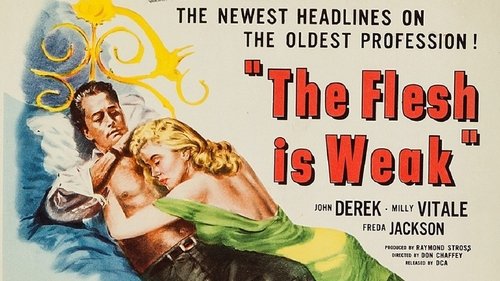




Who payed the critics
There's a more than satisfactory amount of boom-boom in the movie's trim running time.
View MoreOne of the most extraordinary films you will see this year. Take that as you want.
View More.Like the great film, it's made with a great deal of visible affection both in front of and behind the camera.
View MoreWhen this film was released Soho was dominated by violent gangs.One of the tools of their trade was the flick knife which is shown in the film and which was shortly to be banned by act of parliament.One of the basic problems are the leads.Martin Benson is fine but the parachuted in American star John Derek is woefully miscast,pretty he is menacing he isn't.By the way why does he and Benson have different accents?Monica |Vitale plays an innocent Italian girl picked up by a pimp.There seems to be a gang war of sorts and there is an investigating writer,not reporter,played by William Franklyn.Much of this film is muddled and not helped by the small studios at Walton.It has to be said that this film clearly earned its X certificate on its release.
View MoreThe Flesh is Weak is directed by Don Chaffey and written by Leigh Vance and Deborah Bedford. It stars John Derek, Milly Vitale, William Franklyn, Martin Benson, Freda Jackson and Norman Wooland. Music is by Tristram Cary and cinematography by Stephen Dade (not Gerry Massy- Collier as listed in some sources).It's a British crime drama with film noir shadings. Plot finds Vitale as the innocent girl who upon visiting London falls in love with the shifty Tony Giani (Derek). Before you can say "vice girls" she finds herself facing up to the harsh realities of the Giani family operations.It's a nasty subject that is still relevant today, but the makers handle the subject well. Obviously clipped somewhat by how far they could push the material at the time, it's still surprisingly frank with the vice girls subject to hand. Strong plot is acted accordingly, with the main characterisations carrying a believable factor that hits home the required impact.The girls are treated with sympathetic hands, steering the story away from exploitation histrionics, and while it's a bit too stage bound to really give it some earthy strength, it's a well constructed production that's further boosted by Dade's moody photography. Interesting low rumbling horror movie type score by Cary as well. 7/10
View MoreI grab a handful of discs and start firing them into the machine. I've seen this, seen that, and so on and so on. By the 5th disc I decide I'm too lazy to get off the couch again. I stick with the one that's playing. I've seen it before but never on a decent TV, so I let it play. It is the 1957 UK production, THE FLESH IS WEAK. The film features John Derek as the headliner. It is an "expose" noir about the prostitution racket in the U.K. Derek is a pimp who preys on the naive, "just off the bus" young women who come to the big city for fame and fortune.He wines and dines them and after a few rounds of clutch and grab the girls go for the smooth talker. He gets them a place to stay, a few jewels, some nice duds and even finds them a job. The job of course ends up to be a "hostess" in a gentleman's club. The girls fall for the line and before they know it they are out on the street paying back the DEBT.Millie Vitale plays the new girl who has just been turned out by Derek. She quickly decides the life is not for her and decides to quit. She has discovered that Derek is part of a ring that has several dozen girls turned out. The pimps let her know that a large knife to the neck is what she will get if she leaves.In order to teach Vitale a lesson, Derek arranges for her to get busted by John Law on a knife assault charge. She refuses to talk to the police out of fear and takes her six-month bit. She has time to think and decides to go straight when she gets out. This idea however goes south when Vitale finds Derek waiting at the prison gates on release day. She now knows the only way out of the "game" is to turn State's evidence. She tells all she knows to the police and Derek and his boys soon find themselves on the wrong side of the prison walls.The cast includes William Franklyn, Martin Benson, Freda Jackson, Patricia Jessel and Patricia Plunkett. The director was Don Chaffey who is best known for "Jason and the Argonauts". He also worked on series like, "The Prisoner", "Danger Man", "The Avengers", "Charlie's Angel's" and "MacGyver".I really liked the look of the film where the dark alleys and streets of post war London are put to good use. It is a rather blunt and to the point film for 1957.There are no vague suggestions about the subject matter here. Right from the start we know what the story is about. John Derek is particularly good as the smooth talking pimp. He plays it all smiles but is more than happy to apply a knife here and there if needed. I found it a excellent time-waster.
View MoreOne or two performances in this story of prostitution and the pimps behind it made this an interesting film. The United States hadn't seen such a blatant tale with such a good cast before; this is why this film caught the attention of the viewers. The writing was terse and pointed; the black-and-white cinematography made the picture riveting in much of its running time. The direction of the film is excellent and always tasteful.Certainly, nothing in John Derek's film history gave a hint that he even knew what a pimp was, nor had he played a villain before. His performance was slick and believable. Milly Vitale had played completely sympathetic roles in the films for which U.S. audience knew her -- "War and Peace" and "The Seven Little Foys" -- but roles that amounted to nothing, so her performance in this small, dark film was a welcome surprise.The remainder of the company -- Martin Benson, Freda Jackson, Patricia Jessel, Shirley Ann Field, and others -- were slightly known here at this time, later to make their superior talents known both on stage and screen; in this film, their contributions are very welcome! A good British film and a better use of these actors' talents than American cinema gave them!
View More